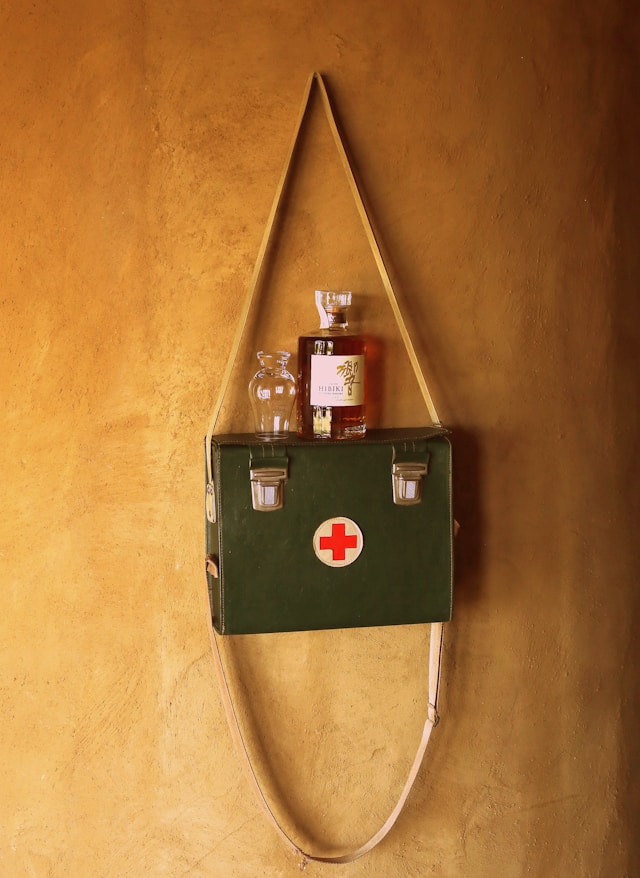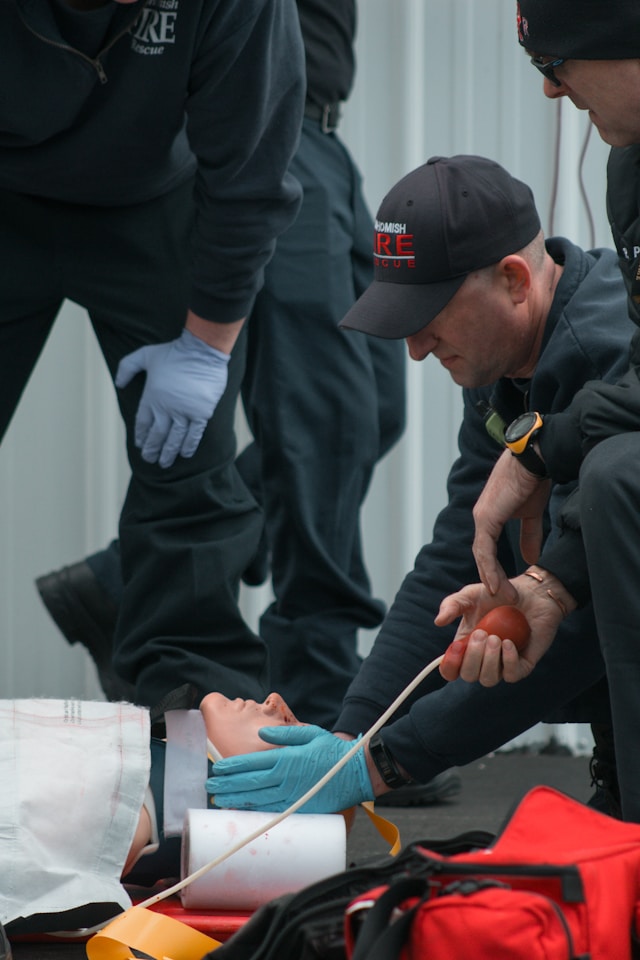Caring for your newborn asks you to notice their skin and its softness each day. Skin on a newborn is much thinner and breaks easier than grown up skin. Even little scrapes or small cuts can give you stress as a parent. Most times, these little injuries get better by themselves if you treat them the right way. You need to use the right methods so germs do not enter and your baby stays happy. This guide for Australian parents shows you practical steps to deal with all small skin wounds.
Why Newborn Skin Gets Hurt Easily?
A newborn’s skin is not the same as older children or adults have. The skin in a new baby is still developing, with less strength and less natural oil than adult skin. That is why it is easy for your baby to get scrapes, scratches, or be hurt by simple things. Their immune system is developing, so it cannot fight infection well yet. For this reason, even one small wound can get much worse without careful cleaning and care. Always use safe steps every single time an injury happens so you keep your newborn healthy.
Regular daily care routines are when most little wounds first appear. Baby nails grow very fast and sometimes are very pointy. With long nails, a baby may scratch their own body or face. Diaper changing or bathing can also cause skin to scrape if something rough touches the baby. You might worry if your child has a wound, but if you know the steps, these normally do not get serious. Learning the right way to fix small wounds and knowing when to ask a doctor for help is a key thing for parents.

Learn Wound Care in a Perinatal First Aid Course
Across Australia, many parents choose a perinatal first aid course to get ready for small baby injuries. These classes teach you how to handle common scrapes and small cuts safely. People in the course practise wound cleaning, see how to put the correct dressing, and learn to notice early signs of infection. Confidence grows through this training and parents can respond better to emergencies. Because a newborn’s immune defences are very weak compared to adults, infection can spread very fast if treatment is slow. Learning first aid helps you treat wounds before bigger problems start.
You can attend these first aid classes in hospitals, councils, or from private trainers in Australia. There are lessons on the internet and some classes give extra practice in person. Other important lessons cover baby CPR, how to avoid choking accidents, and newborn safety tips. The more parents learn, the easier it becomes to manage little accidents and feel more relaxed about newborn care.
How to Clean and Treat Minor Cuts and Scrapes?
Avoid any strong soap, alcohol, or hydrogen peroxide—those slow down skin repair in newborns. Small bits in a wound should be rinsed out gently and never scrubbed. Use soft, clean gauze or a cloth to dry the area fully. When a scrape is minor and not bleeding much, let it be in the air unless it will touch surfaces. Place a sterile dressing on wounds touching clothes or where dirt could get trapped. Daily or if wet, change this dressing so the skin stays clean and covered.

Look for Signs of Infection
Infection can happen even with good cleaning, because newborn immunity works slowly. Parents must check the wound site daily for any sign of trouble. Infected wounds can swell, look redder, feel hotter, or have pus or other fluid leaking out. Fever, less interest in food, sleeping a lot more, or extra crying are signs you must call for medical help.Australia has medical services for children in many places, such as local general practitioners, pediatric doctors, or the community health centre. Visit these places quickly if infection worries you or healing is not happening. Going early for help can make recovery much faster and stops infection before it grows.
Helping the Skin Heal and Avoiding New Injuries
Let the wound heal by not pressing or rubbing on the area while your newborn recovers. Trim and file your baby’s fingernails and toenails often to avoid more scratches. Babies with nails that are not cut may scratch their neck, body, or even their cheeks. Using gentle mittens or clean socks on small hands as they sleep can stop any scratching and prevent more damage to healing skin.












